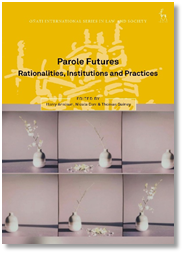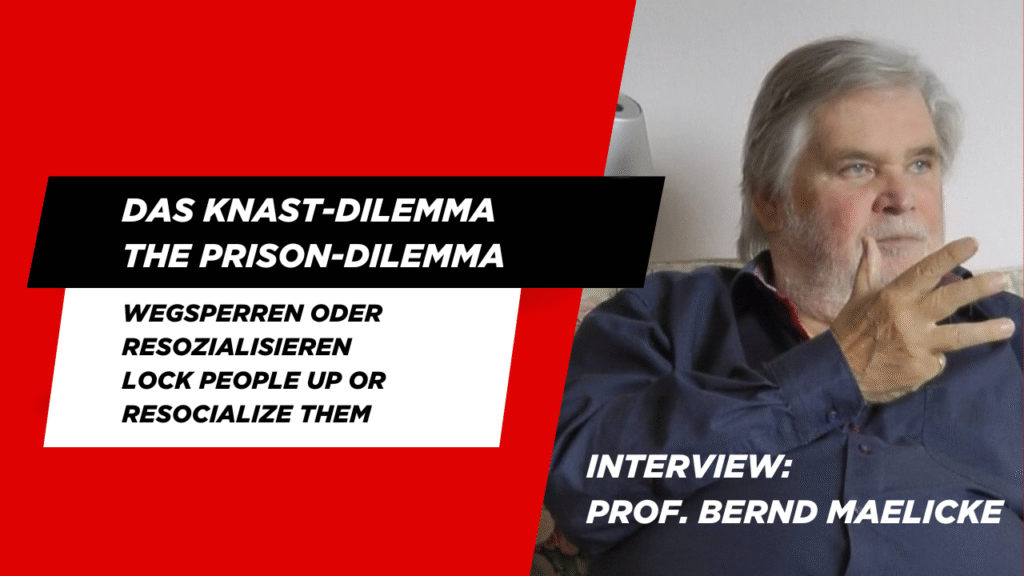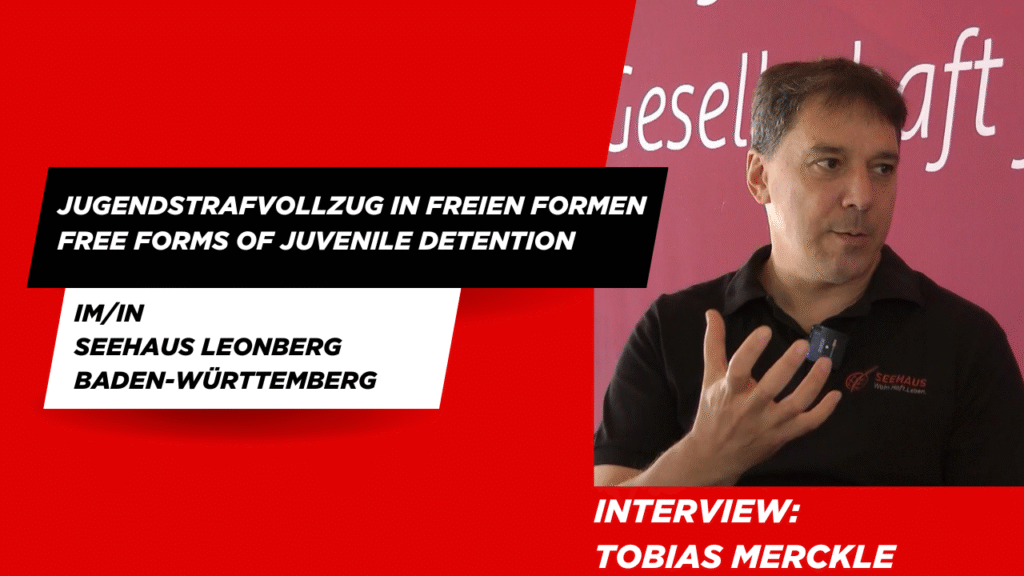Previous Article
News
Winner of the CEP Research Award: “Developing gender-responsive and jurisdictionally appropriate evaluation systems for offender services”
Understandably, the effectiveness of probation services is a concern for politicians, media and the public as well as the agencies themselves. Ideas about what constitutes effective practice, or what evidence of effectiveness is meaningful, are, however, hotly contested, presenting a dilemma to services and evaluators alike. Happily, progress is being made towards integrating all the available evidence to develop and support practices that reduce reoffending by adhering to the risk-need-responsivity (RNR) principles derived from ‘what works’ endeavours (Bonta and Andrews, 2017), whilst also attending to specific pathways into (and out of) criminalisation and supporting desistance by means of the social reintegration of people who have offended (Maruna & Mann, 2019).
An article by Dr. Bridget Kerr
Research undertaken at Swansea University has identified that, in line with evidence from Canada and the US (Latessa, 2018), there is need for evaluation of the extent to which probation services in Europe employ strategies that have been proven to “work”. Such evaluations have the potential to enable projects to articulate the work they do in terms of effective practice, identify the strengths and weaknesses of services, and develop strategies to improve their service.
Having been trained and accredited by Canadian forensic psychologists, Dr Bridget Kerr introduced their structured, evidence-based instrument for the evaluation of offender intervention services (the Correctional Program Assessment Inventory-2010 (CPAI-2010); Gendreau, Andrews & Thériault, 2010) to a women’s project in Wales and probation services in Jersey. Working alongside probation managers, practitioners and service-users to implement and refine the instrument for use in these European jurisdictions quickly exposed turbulent political environments and cultural differences which had far-reaching implications for the potential of evaluation. Dr Kerr’s study demonstrated that if evaluation as a resource for change and development is to be sustainable in Europe, it must respond to and reflect the political context of agencies, integrate all relevant approaches (eg, Risk-Need-Responsivity, desistance-focused contributions, gender-responsive work, etc) and engage all key social actors (service-users, practitioners, managers, etc) in a process of reflection. Its findings indicate that adopting a motivational language, placing a service on a continuum and timing evaluation at an appropriate frequency are all factors that can reflect and ameliorate organisational difficulties. Furthermore, the study highlighted that evaluation of organisational context is key to meaningful engagement with the core issues of a service, indicating the inadequacy of evaluation systems focusing solely on practice and/or outcomes.
The study supported evidence that recidivism rates may be a particularly inadequate outcome measure for women’s projects, which have their emphasis on the provision of holistic and diversionary approaches, aiming to keep women (who, as a service-user group, present a low risk of re-offending in any case) out of the disproportionately punitive prison system.
As a result of this research, Dr Kerr has developed an evidence-based evaluation approach that meets the specific needs of women’s projects in the British Isles: the Swansea Service Evaluation Inventory – Women’s Projects (SSEI-W). With the aim of bridging the gap between theory and practice in probation services through the development of responsive, empirically-validated evaluation systems, the next stage will be piloting the SSEI-W and refining it to respond to practice-level developments as well as the wider literature. Though it is not the ‘final word’ on effective gender-responsive practices, it is expected that the SSEI-W will nonetheless be a valuable addition to the suite of evaluation instruments available in practice and will equip probation services for women with the capacity to move forward under the aegis of an unparalleled scientific body of evidence in order to demonstrate their effectiveness and provide genuine, effective alternatives to the imprisonment of women.
References
Bonta, J. & Andrews, D. A. (2017) The Psychology of Criminal Conduct, 6th edition. New York: Routledge
Gendreau, P., Andrews, D. A. & Thériault, Y. (2010). Correctional Program Assessment Inventory – 2010 (CPAI-2010): Scoring Manual and Interview Guide. Ottawa, ON: Available from paulgend@bell.net or yvetheri@yahoo.ca
Latessa, E. J. (2018) Does Treatment Quality Matter? Of Course it Does and There Is Growing Evidence to Support It. Criminology & Public Policy, 17, 181-188
Maruna, S. & Mann, R. (2019) Reconciling ‘Desistance’ and ‘What Works’. HM Inspectorate of Probation Academic Insights 2019/1. Available at: https://www.justiceinspectorates.gov.uk/hmiprobation/wp-content/uploads/sites/5/2019/02/Academic-Insights-Maruna-and-Mann-Feb-19-final.pdf

Related News
Keep up to date with the latest developments, stories, and updates on probation from across Europe and beyond. Find relevant news and insights shaping the field today.

Probation in Europe, Technology
Have Your Say: EU Call for Evidence on the Digitalisation of Justice (2025–2030)
18/08/2025
The European Commission has opened a Call for Evidence on the Digitalisation of Justice: 2025–2030 European Judicial Training Strategy.
Reading corner

Criminal Justice
Parole Futures
18/08/2025
At a time when many parole systems are experiencing considerable strain, the aims of this collection are twofold: first, to encourage systematic and critical reflection on the rationalities, institutions and practices of parole. Second, to think big, and pose ambitious ‘what if’ questions about the possible futures of parole and prison release. Offering novel insights from Asia, Australia, Europe, North America and South America, this collection builds the case for, and then showcases, a ‘way of doing’ parole research that is global in outlook, interdisciplinary in approach and unapologetically normative in character.
New

Probation in Europe
New Vodcast Episode: Prof. Bernd Maelicke on The Prison-Dilemma
12/08/2025
The 13th episode of Division_Y features an in-depth conversation with Prof. Bernd Maelicke, one of Germany’s most respected voices in prison and probation reform.
New

Probation outside Europe
CEP Ambassador Steve Pitts Receives Prestigious Japanese Honour
05/08/2025
We are pleased to share that CEP Ambassador Steve Pitts has been awarded the prestigious Order of the Rising Sun, Gold Rays with Rosette by the Government of Japan. The honour was officially presented on 25th July 2025 at a formal ceremony held at the Japanese Ambassador‘s residence in London, hosted by the Japanese Ambassador.
New

CEP Events
Mark Your Calendars: Exciting Probation Events Ahead
30/07/2025
As the season continues, we’re looking ahead to a dynamic line-up of events across Europe. From specialised workshops to international training and conferences, there’s something valuable for everyone working in probation and beyond.
New

Probation in Europe
New Vodcast Episode: Tobias Merckle on Free Forms of Juvenile Detention
12/07/2025
The 12th episode of Division_Y features an engaging discussion with Tobias Merckle, a social worker and social entrepreneur from Baden-Württemberg, Germany.
Subscribe to our bi-monthly email newsletter!
"*" indicates required fields
- Keep up to date with important probation developments and insights.

